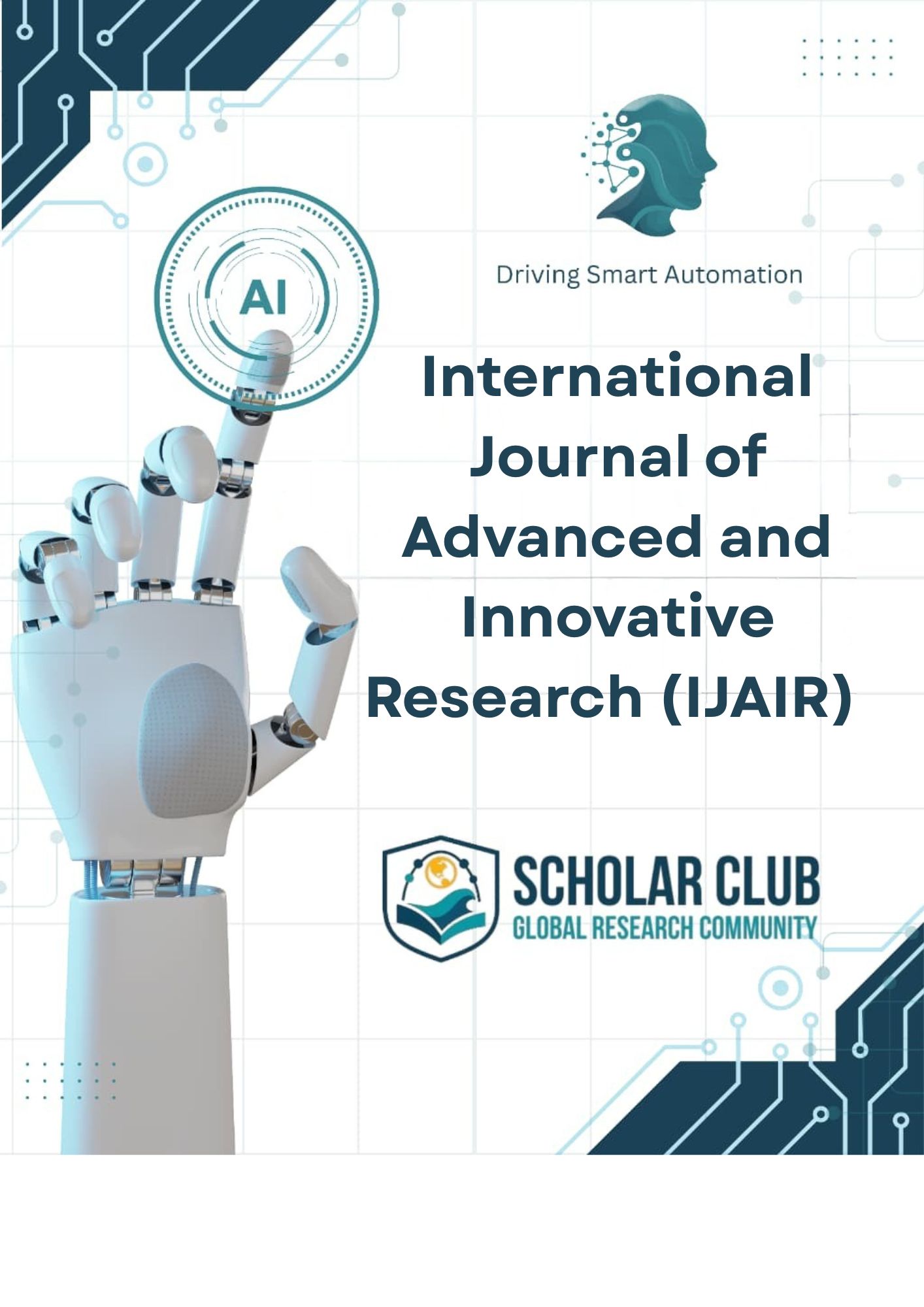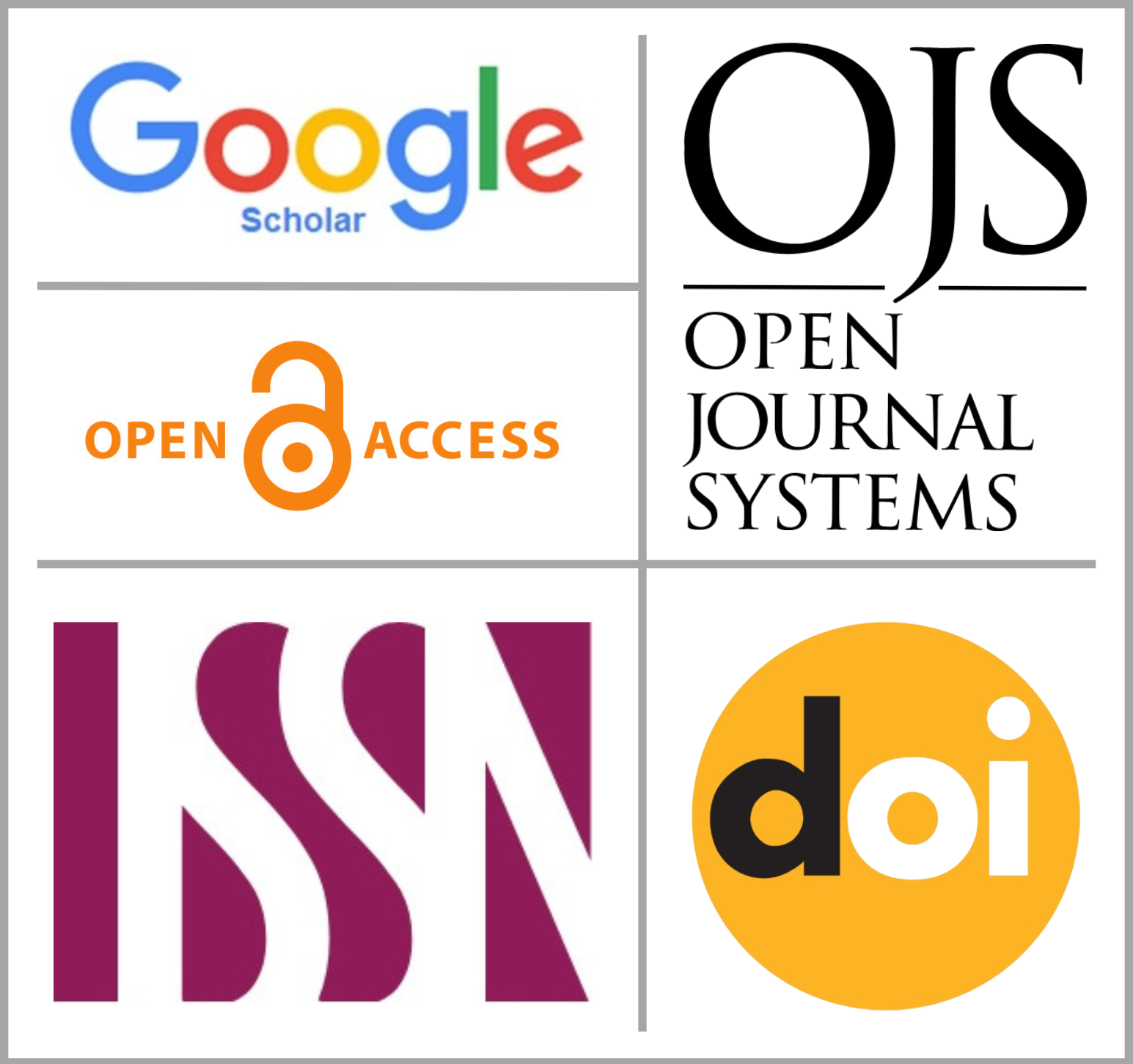Name of Journal: International Journal of Advanced and Innovative Research (IJAIR)
Publisher: Scholar Club (Private) Limited
Journal Frequency: Quarterly (Four issues per year)
Online ISSN: 3106-4353
Print ISSN: 3106-4345
Language: English
Review Type: Peer-Reviewed
Area of Publication: Advanced Research in Science, Technology, Engineering, Business, and Related Disciplines






